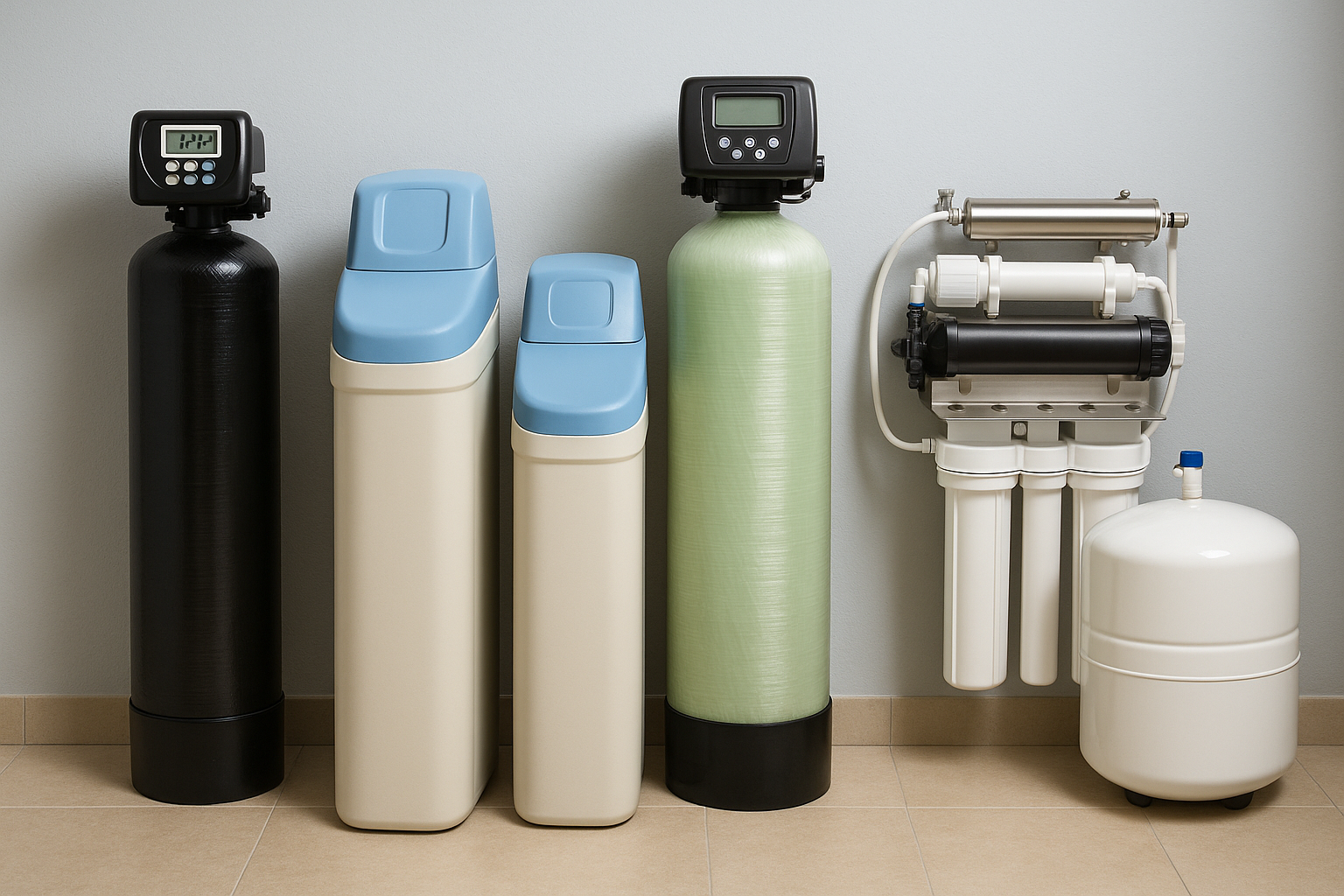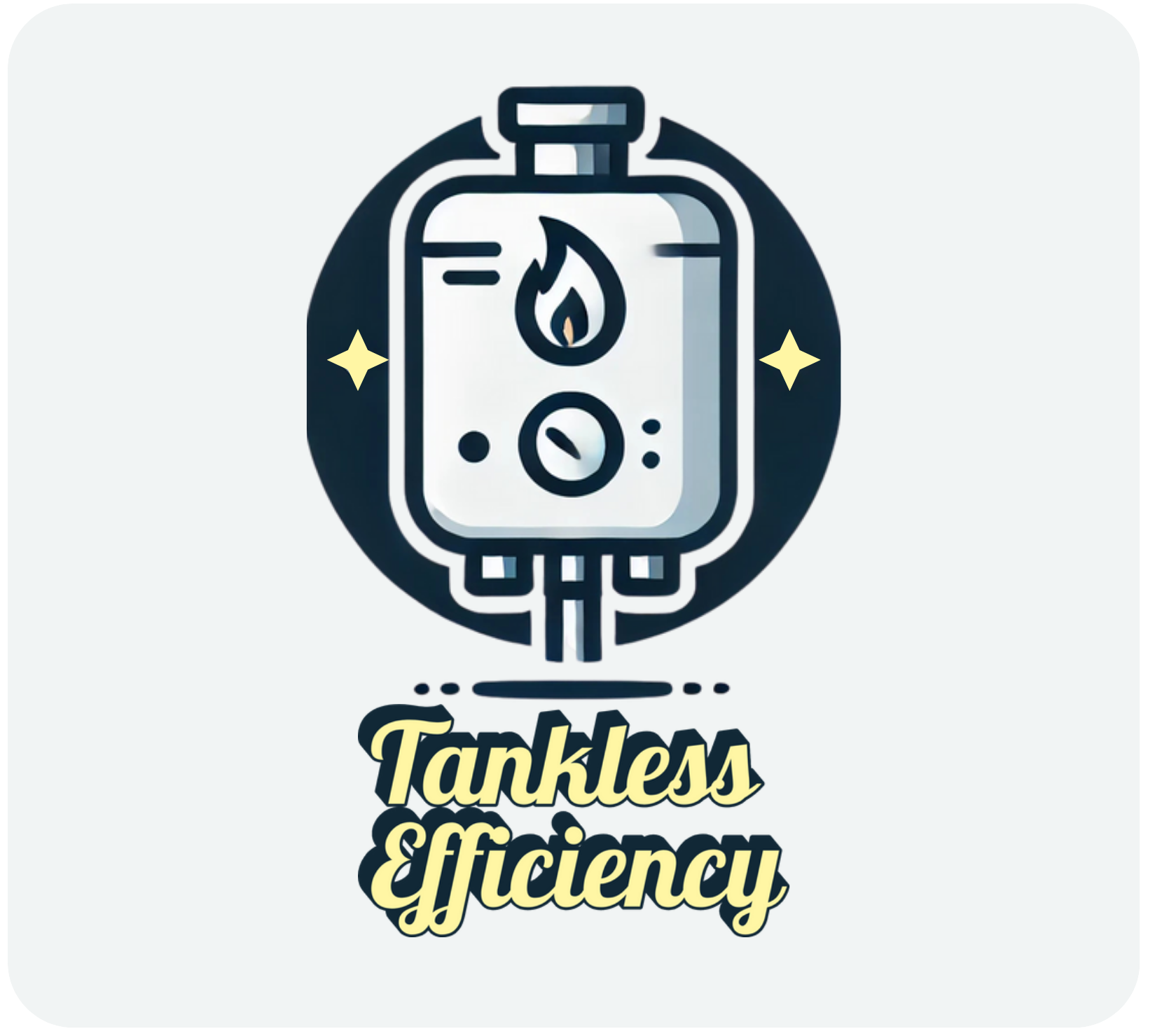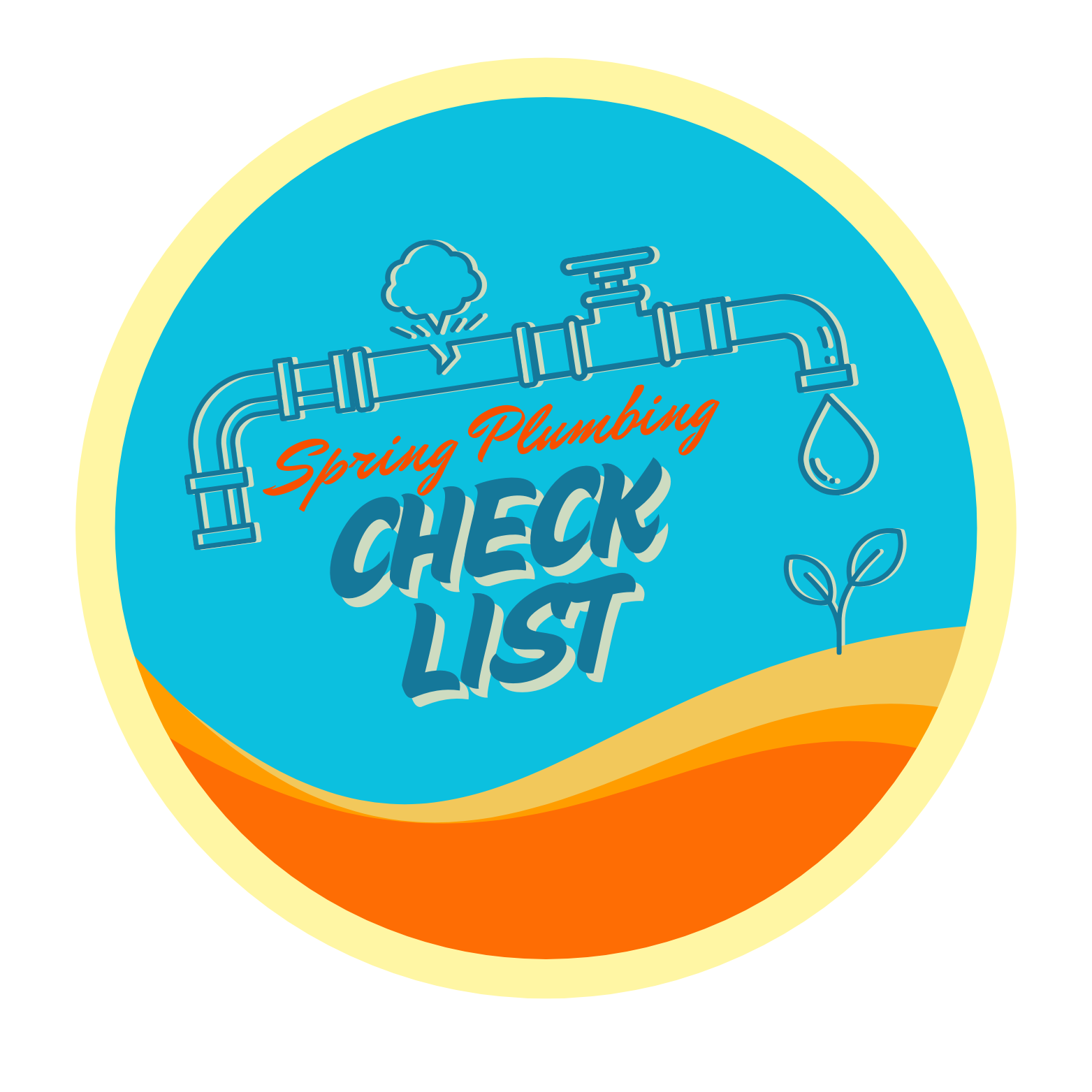The Hidden Dangers of Hard Water

The Hidden Dangers of Hard Water
(And How to Fight Back Without a Softener)
When you turn on your tap, you probably don’t think about what’s in the water—until you start noticing white residue on your faucets, stiff laundry, or a drop in your water pressure. These are just a few of the signs of hard water, a common problem in many homes. But beyond the visible nuisances, hard water can have serious long-term effects on your plumbing, appliances, and even your health.
In this blog, we’ll break down the hidden dangers of hard water and provide some practical tips to combat it—even if you don’t have a water softener.
What is Hard Water?
Hard water is water that has high levels of dissolved minerals, primarily calcium and magnesium. While these minerals aren’t harmful to drink, they can wreak havoc on your plumbing system and daily routines. Hard water is measured in grains per gallon (GPG) or parts per million (PPM)—the higher the number, the harder the water.
How to Treat Hard Water Without a Softener
If installing a water softener isn’t an option, there are still practical steps you can take to minimize hard water damage in your home:
🧽 1. Use Vinegar to Remove Limescale
White vinegar is a natural descaler that dissolves hard water buildup. Here’s how to use it:
- Soak showerheads and faucets in vinegar overnight to break down limescale.
- Run an empty cycle in your dishwasher and washing machine with two cups of vinegar to remove mineral deposits.
- Wipe down surfaces with a vinegar-soaked cloth to keep fixtures looking clean.
🛁 2. Install a Showerhead Filter
A showerhead filter can help remove chlorine, calcium, and magnesium, reducing the impact of hard water on your skin and hair. Look for filters with activated carbon or KDF media, which are effective at trapping minerals.
👕 3. Add Baking Soda or Vinegar to Laundry
- Baking soda: Softens the water, making detergent work more effectively. Add ½ cup per load.
- White vinegar: Acts as a natural fabric softener and breaks down residue. Add ½ cup to the rinse cycle.
🔧 4. Flush Your Water Heater Regularly
Draining and flushing your water heater at least once a year helps remove sediment buildup and improves efficiency. This can extend the life of your unit and lower energy costs.
🍽 5. Use a Rinse Aid in Your Dishwasher
Hard water can leave streaks and spots on glassware. Using a commercial rinse aid or adding a small amount of vinegar to the rinse cycle can help dishes come out sparkling clean.
The Hidden Dangers of Hard Water
Hard water isn’t just a minor inconvenience—it can lead to costly repairs and inefficiencies in your home. Here’s how:
🚰 1. Clogged Pipes & Reduced Water Pressure
Over time, calcium and magnesium deposits build up inside your pipes, similar to how plaque clogs arteries. This restricts water flow, leading to low water pressure and, in severe cases, pipe blockages that require professional removal.
🛁 2. Limescale Buildup on Fixtures & Appliances
Ever notice a
chalky white residue on your faucets, showerheads, or coffee maker? That’s
limescale, a direct result of hard water. This buildup not only looks bad but also shortens the lifespan of water-using appliances, including dishwashers, washing machines, and water heaters.
💧 3. Dry Skin & Dull Hair
Hard water makes it difficult for soap and shampoo to lather properly, leaving behind a sticky film on your skin and hair. This can cause dryness, irritation, and even worsen conditions like eczema.
🏡 4. Stiff & Faded Laundry
Clothes washed in hard water tend to feel stiff, scratchy, and look dull over time. The minerals prevent detergents from working effectively, causing soap to linger on fabric rather than rinse out completely.
💸 5. Higher Energy Bills
Hard water reduces the efficiency of water heaters because
mineral deposits form a layer of insulation inside the tank, forcing the heater to work harder to warm the water. This leads to
higher energy bills and potential premature failure of the unit.
How to Treat Hard Water Without a Softener
If installing a water softener isn’t an option, there are still practical steps you can take to minimize hard water damage in your home:
🧽 1. Use Vinegar to Remove Limescale
White vinegar is a natural descaler that dissolves hard water buildup. Here’s how to use it:
- Soak showerheads and faucets in vinegar overnight to break down limescale.
- Run an empty cycle in your dishwasher and washing machine with two cups of vinegar to remove mineral deposits.
- Wipe down surfaces with a vinegar-soaked cloth to keep fixtures looking clean.
🛁 2. Install a Showerhead Filter
A showerhead filter can help remove chlorine, calcium, and magnesium, reducing the impact of hard water on your skin and hair. Look for filters with activated carbon or KDF media, which are effective at trapping minerals.
👕 3. Add Baking Soda or Vinegar to Laundry
- Baking soda: Softens the water, making detergent work more effectively. Add ½ cup per load.
- White vinegar: Acts as a natural fabric softener and breaks down residue. Add ½ cup to the rinse cycle.
🔧 4. Flush Your Water Heater Regularly
Draining and flushing your water heater at least once a year helps remove sediment buildup and improves efficiency. This can extend the life of your unit and lower energy costs.
🍽 5. Use a Rinse Aid in Your Dishwasher
Hard water can leave streaks and spots on glassware. Using a commercial rinse aid or adding a small amount of vinegar to the rinse cycle can help dishes come out sparkling clean.
Final Thoughts
Hard water may not be toxic, but it’s a hidden culprit behind many common household problems. From clogged pipes to dry skin, its effects can be frustrating and costly. While a water softener is the best long-term solution, these simple DIY methods can help reduce hard water damage and keep your plumbing and appliances running smoothly.
Want a professional assessment of your home’s water quality? Contact Snyder’s Plumbing, HVAC & Remodeling today to line up a hard water test and receive expert advice and solutions!
Sign Up for Weekly Blogs, Discounts, and Deals!
Share this post!



